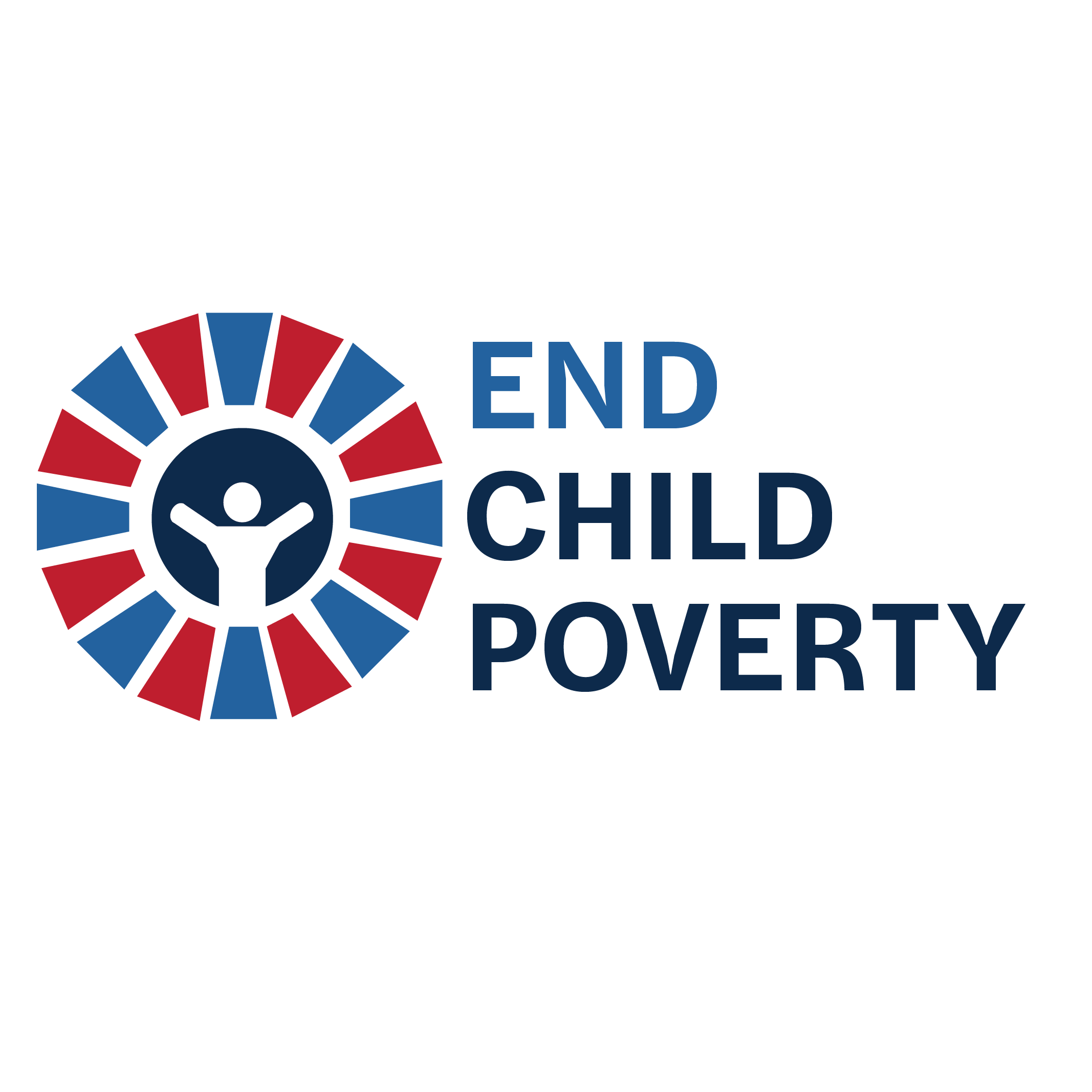Even before the COVID-19 health emergency and resulting economic downturn, child poverty was a moral crisis in the United States that affected each and every one of us. The pandemic and resulting economic recession have served to only expose and exacerbate existing inequities in our society as these crises disproportionately impacting communities of color. Unemployment has reached a level not seen since the Great Depression, causing low-income household budgets to be stretched even thinner.
New research from Columbia University’s Center on Poverty & Social Policy finds that aid passed by Congress in the Coronavirus Aid, Relief, and Economic Security (CARES) Act — specifically expansion to unemployment benefits and the establishment of one-time Recovery Rebate payments — may have prevented child poverty from spiking. Yet these findings also recognize that many children and families continue to face significant hardship as they wait to access assistance or find themselves ineligible for benefits, such as is the case for millions of children in immigrant families.
On Tuesday, July 7th at 2 pm EST we hosted a webinar to learn more about these findings and why it is critical that Congress not only pass additional emergency relief to counter our current economic crisis but also implement longer-lasting, structural investments to address our nation’s consistently high level of child poverty.
Opening Remarks
Congressman Jimmy Gomez (D-CA-34)
Moderator:
Cara Baldari, First Focus Campaign for Children
Presenters:
Zachary Parolin, Columbia Center on Poverty & Social Policy
Megan Curran, Columbia Center on Poverty & Social Policy
Cathy Battle, Western Pennsylvania Diaper Bank
Indi Dutta-Gupta, Georgetown Center for Poverty & Inequality
Additional Resources
Columbia Center on Poverty & Social Policy: The CARES Act and Poverty in the COVID-19 Crisis
Century Foundation: A Better Child Tax Credit During the COVID-19 Crisis
Using Tax Based Policies to Support Workers & Families During The COVID-19 Recession: The Urgent Need for Additional Measures (Indi Dutta-Gupta's Congressional Testimony on tax credits)
